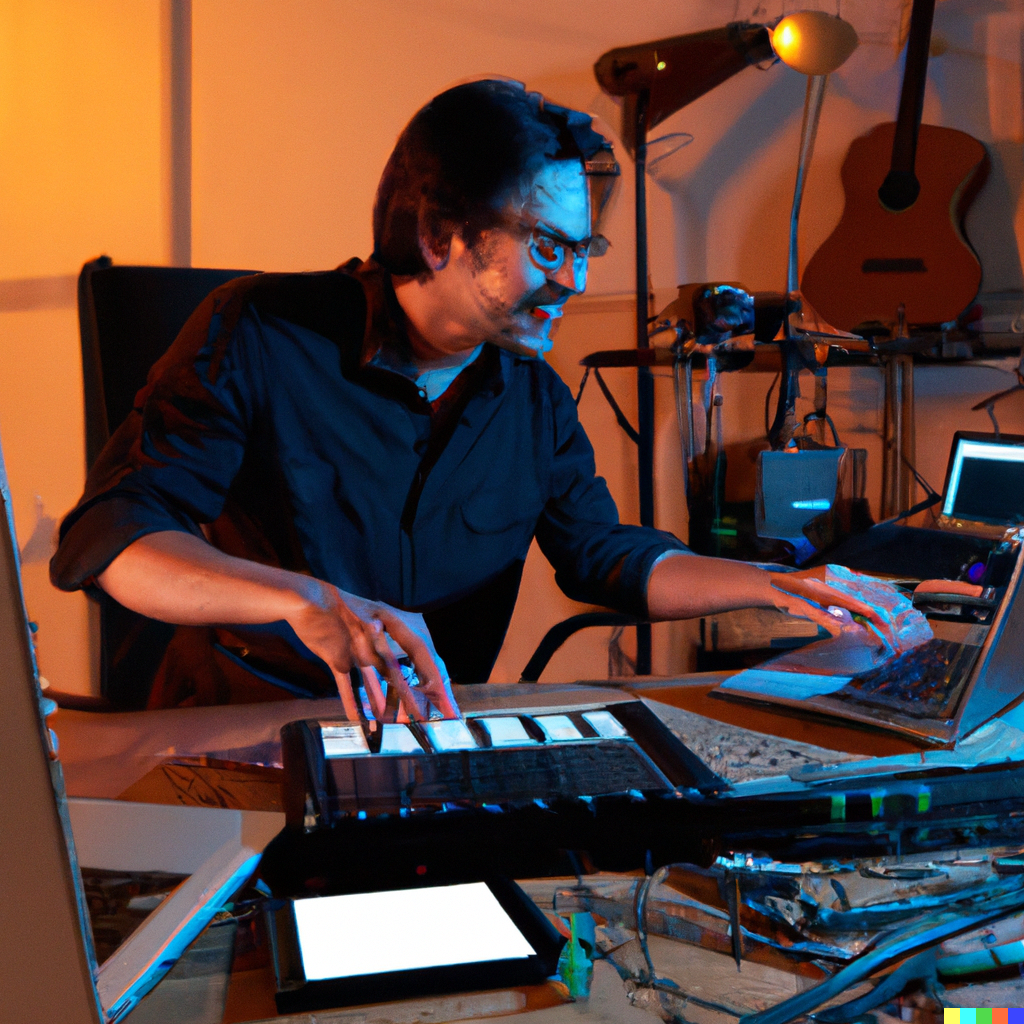5 Things Every Professional Sound Engineer Should Know
As a professional sound engineer, you are responsible for delivering high-quality audio that meets the expectations of your clients. In this article, we will discuss five essential things that every sound engineer should know to deliver outstanding audio recordings and mixes.
Table of Contents
- Introduction
- Understanding Sound Waves and Frequency
- Mastering Audio Compression
- Understanding the Importance of Equalization
- Audio Mixing Techniques
- Mastering Sound Design
- Conclusion
Introduction
Sound engineering is an intricate profession that requires a combination of technical knowledge and artistic creativity. A sound engineer is responsible for capturing, processing, and manipulating audio signals to deliver high-quality audio recordings and mixes. To succeed in this profession, a sound engineer must possess a deep understanding of audio principles, as well as the tools and techniques used in audio production. Here are five things that every professional sound engineer should know.
Understanding Sound Waves and Frequency
To be an excellent sound engineer, you must have a good understanding of sound waves and frequency. Sound waves are vibrations that travel through a medium, such as air, and can be detected by the human ear. Frequency refers to the number of sound waves that pass a point in a second and is measured in Hertz (Hz). Understanding frequency is crucial in sound engineering because it determines the pitch of a sound. By having a good understanding of sound waves and frequency, you can manipulate audio signals to produce the desired effect.
Mastering Audio Compression
Audio compression is the process of reducing the dynamic range of an audio signal, allowing for a more consistent volume level. Compression can be used to control the dynamic range of a recording or mix, making it sound more polished and professional. To master audio compression, you must understand the different compression techniques and how to apply them to various types of audio signals.
Understanding the Importance of Equalization
Equalization is the process of adjusting the balance between frequency components within an audio signal. This process is essential in sound engineering because it enables you to enhance or reduce certain frequencies to achieve the desired effect. By understanding equalization techniques, you can achieve a balanced mix that sounds great across a variety of playback systems.
Audio Mixing Techniques
Audio mixing is the process of combining multiple audio tracks into a single stereo or surround sound mix. To be an excellent sound engineer, you must understand the different mixing techniques and how to use them to achieve the desired sound. Mixing techniques include panning, volume automation, and effects processing. By mastering these techniques, you can create a polished and professional-sounding mix that meets the client’s expectations.
Mastering Sound Design
Sound design is the process of creating and manipulating audio elements to produce a desired sound effect. This process is essential in sound engineering because it allows you to add creative flair to your recordings and mixes. By mastering sound design techniques, you can create unique and engaging audio that sets your work apart from the rest.
Conclusion
In conclusion, sound engineering is a complex and challenging profession that requires a combination of technical expertise and artistic creativity. By mastering the five things discussed in this article, you can deliver outstanding audio recordings and mixes that meet the expectations of your clients. Always remember that the key to success in this profession is to continue learning and improving your skills.

Leave a Reply